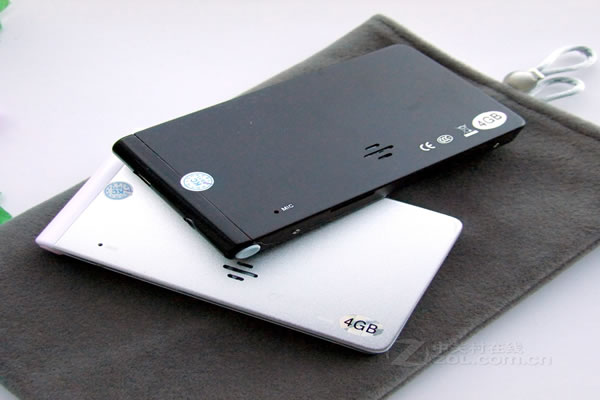In the global network architecture, South Korea's BGP (Border Gateway Protocol) and Japan's CN2 (China Telecom No. 2 Network) are both important network connection methods that have attracted much attention. With the rapid development of Internet technology, more and more enterprises and individual users are beginning to choose appropriate network services to obtain better access speed and stability. This article will conduct an in-depth comparative analysis of these two networks to help users choose the network service that best suits them.
First, BGP is an important protocol for exchanging routing information on the Internet. Due to its efficient routing capabilities, Korean BGP can quickly adapt to network changes and ensure the stability and reliability of data transmission. Especially when facing sudden traffic peaks, BGP can dynamically adjust routing to avoid network congestion. This is especially important for online businesses that require stable connections, such as e-commerce platforms and online games.
Relatively speaking, Japan's CN2 network is known for its high-quality service and low latency. CN2 is a high-end network specially designed by China Telecom for international users, providing a more stable and faster access experience. Especially for international users who need to frequently visit mainland China, the CN2 network can provide lower latency and higher bandwidth, greatly improving the user experience.
In terms of network stability, Korean BGP has certain advantages. Due to its flexible routing mechanism, BGP can quickly switch to an alternate path when encountering a network failure to ensure the continuity of data transmission. Although Japan's CN2 also performs well in terms of stability, some users may still encounter latency problems during peak hours. Therefore, when choosing network services, users should make a reasonable evaluation based on their own needs.
In terms of bandwidth and speed, Korean BGP usually provides higher bandwidth options and is suitable for users with higher speed requirements. At the same time, BGP also supports load balancing of multiple lines, which can effectively distribute network traffic and improve overall access speed. Japan's CN2 has outstanding performance in international bandwidth scalability and is especially suitable for enterprise users who require large-traffic data transmission.
In terms of price, South Korea's BGP network service fees are relatively high, but the high-quality services and stability it provides often make users feel that it is worth the money. Due to the fierce competition in the market, Japan's CN2 is relatively reasonably priced and suitable for the needs of small and medium-sized enterprises and individual users. If you are looking for a cost-effective and stable network service, CN2 may be a good choice.
For users who need a server, VPS or hosting, choosing the right network connection is crucial. Whether choosing Korean BGP or Japanese CN2 , users should make a choice based on their business needs, budget, and access goals. In addition, network stability and speed should also be taken into consideration when purchasing a domain name to ensure good performance of the website.
When choosing an Internet service provider, users can consider Dexun Telecommunications. Dexun Telecom has rich network resources and experience and provides a variety of network solutions, including Korean BGP and Japanese CN2 access services. Whether you are a business user or an individual user, Dexun Telecom can provide customized services according to your needs to help you achieve faster and more stable network connections.
All in all, Korean BGP and Japanese CN2 each have their own advantages and disadvantages, and users should consider their own specific needs when choosing. We hope that the comparative analysis in this article can help you make informed decisions and choose the most suitable network service.

- Latest articles
- Impact Of Parent Root Server Shutdown On Website Access
- What Impact Does The Choice Of Japanese Station Group Computer Room Have On Sellers?
- Understand The Advantages And Market Competitiveness Of Hong Kong’s Cn2 Dedicated Line
- Market Analysis And Popular Choices For Renting Taiwan Vps
- Cn2 Gia Japanese Market Analysis And Its Impact On Users
- Configuration And Player Experience Of South Korea's Valorant Server
- Application Of Vietnam Cn2 Server In International Business
- Detailed Tutorial To Easily Set Up A Malaysian Minecraft Server
- Explore Recommended Service Providers For Server Rental And Cloud Space In Taiwan
- How To Choose A Suitable Japanese Cloud Server Merchant
- Popular tags
-
Market Trends And Development Analysis Of Japan’s Cn2 Cloud Services
this article analyzes the market trends and development of japan's cn2 cloud services, discusses server, vps, hosting and domain name technologies, and recommends dexun telecom's high-quality services. -
Comparative Analysis Of Japanese Vps And Cn2 Lines
this article conducts an in-depth comparative analysis of japanese vps and cn2 lines to help users choose the most appropriate server solution. -
Recommended Servers For Japanese Cn2 Detours To Improve Gaming Experience
recommend the best choice for japanese cn2 detours, servers that enhance gaming experience, especially the advantages of dexun telecom.


